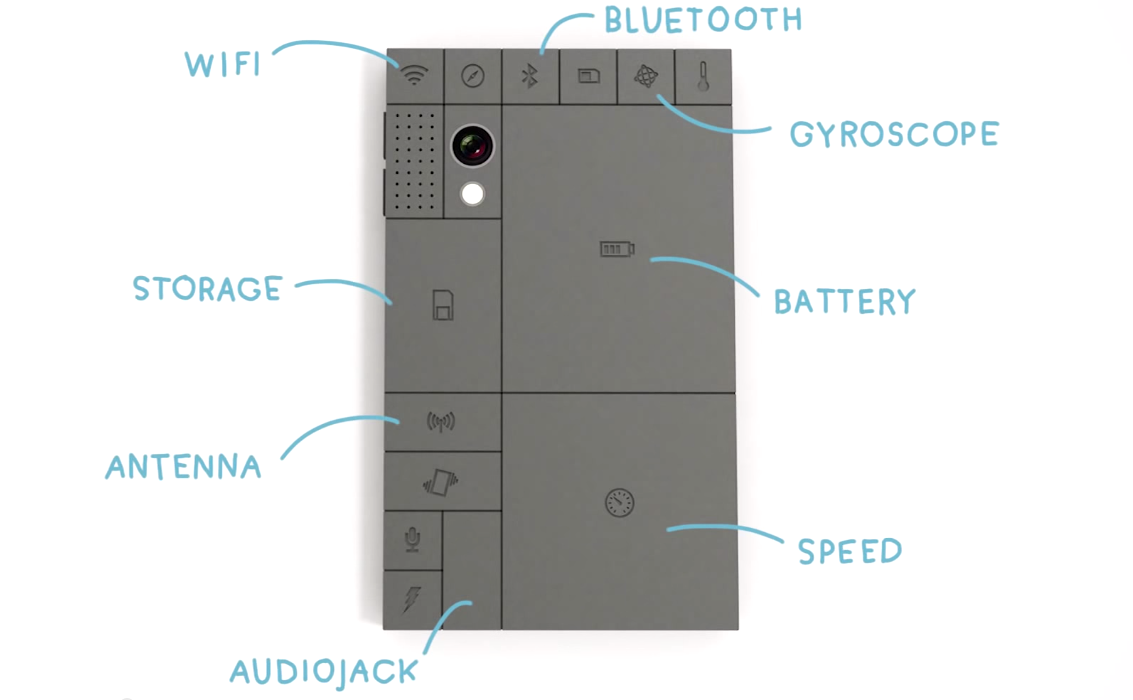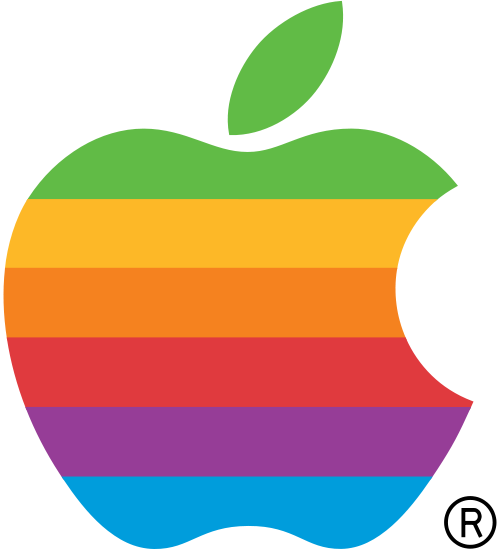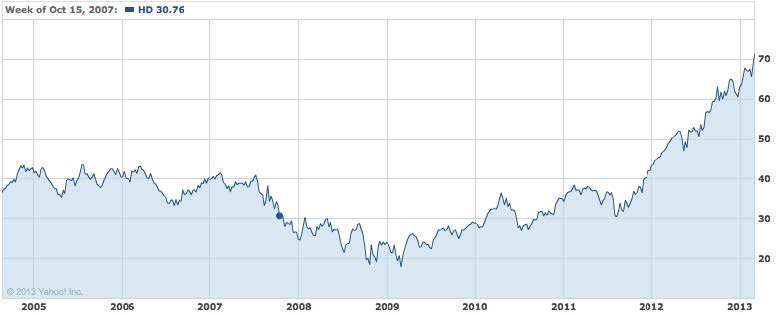The phone of the future began as a thought, flourished through social media, and has now landed itself a run at the market with help from Motorola. Ali Jatoi comments on the rise of PhoneBloks and possibilities for the future.
Source: http://cdn1.tnwcdn.com/wp-content/blogs.dir/1/files/2013/09/Phonebloks.png
PhoneBloks is a revolutionary concept; a modular phone that allows for endless combinations of innovations from many companies whose technology would previously not be seen together. Ali speaks of the collaboration between Motorola and PhoneBloks for Team Ara, the first modular phone on the market. For me, this idea is especially attractive; the possibility of adding a high quality camera to my phone without replacing the entire phone is great. From a business point of view I agree with Ali. For PhoneBloks to work companies will have to ditch their flagship phones and move to creating components for modular devices, and with the current performance of the Big Two, (Apple, Samsung) I do not see PhoneBloks working in the short run.






